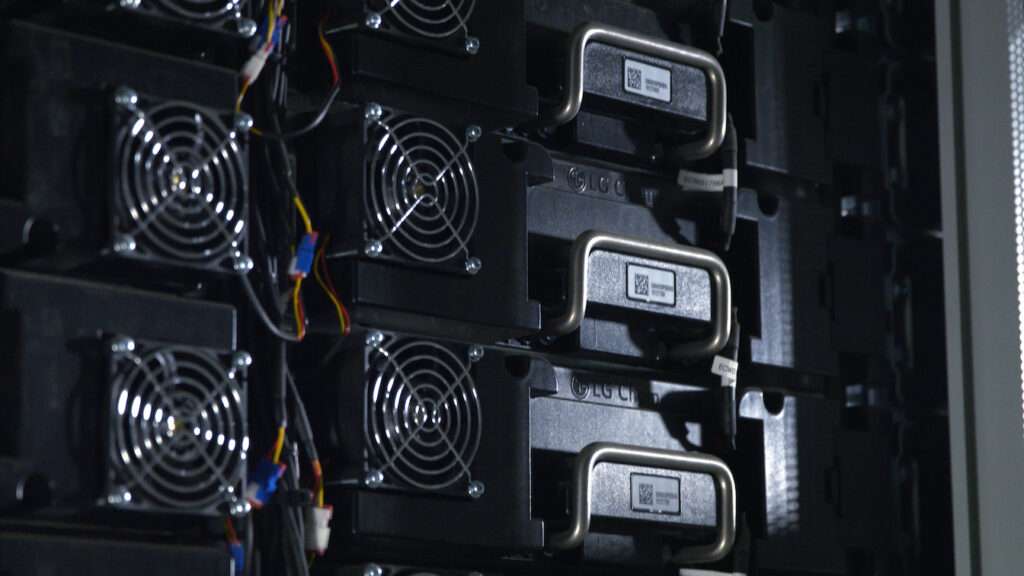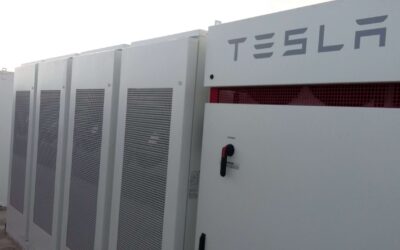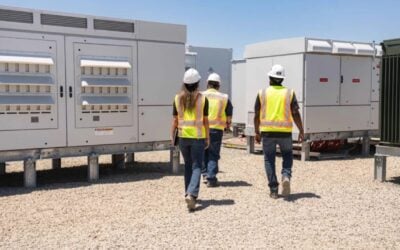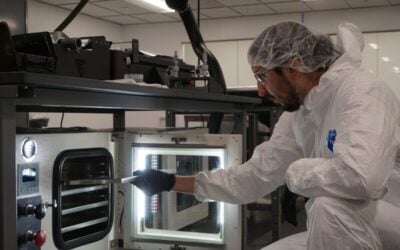
Investment tax credit (ITC) incentives for energy storage have been included in the US House of Representatives’ chief tax-writing committee, along with extensions to the solar ITC and reintroduction of a solar production tax credit (PTC).
The House Ways & Means Committee introduced its draft legislative measures for the federal Budget Reconciliation late last week, including its Committee Print for Subtitle G — a section pertaining to green energy, detailing new and existing renewable energy and energy efficiency incentives to be included within the budget resolution.
Enjoy 12 months of exclusive analysis
- Regular insight and analysis of the industry’s biggest developments
- In-depth interviews with the industry’s leading figures
- Annual digital subscription to the PV Tech Power journal
- Discounts on Solar Media’s portfolio of events, in-person and virtual
Clean energy advocates, industry groups and a growing number of state and national-level policymakers have been calling for an ITC for energy storage for some time. In March, Oregon 3rd District Congressman described the ITC as a “once-in-a-generation opportunity to drive the growth of energy storage and take long overdue steps to save our planet”.
Subtitle G introduces the ITC for batteries or other technologies used to store electricity with a minimum capacity of 5kWh. They will be eligible for a base credit rate of 6% or a bonus credit rate of 30%.
Credits will be applied through to the end of 2031, phasing down in 2032 and 2033. As it stands, no energy storage project which begins construction after 2033, or which is not in service before 2036 will qualify.
Also among other new ITC-eligible properties are linear generators, microgrid controllers, dynamic glass and biogas systems.
Systems which meet domestic content requirements can get an increased base credit or bonus credit rate — these will not be subject to a 2032 or 2033 phasedown. There will also be incentives to manufacture within the US.
As our sister site PV Tech reported yesterday, the proposals would would extend the Solar Investment Tax Credit (ITC) for 10 years at 30%, but only for projects meeting certain labour conditions.
A domestic content bonus could meanwhile boost tax credits for solar projects to 40%, while a revival of the production tax credit (PTC) for solar will remain in place until 2031, phasing down by 20% each year in 2032 and 2033.
Read about the solar provisions of the bill in PV Tech’s coverage here. There remains some distance before these measures are passed into law. In pursuing these measures through a budget reconciliation US Democrats do not need a full majority in both the Senate and House, however the legislative procedure could see these recommendations amended in negotiations across the aisle.
Additional reporting by Andy Colthorpe.






